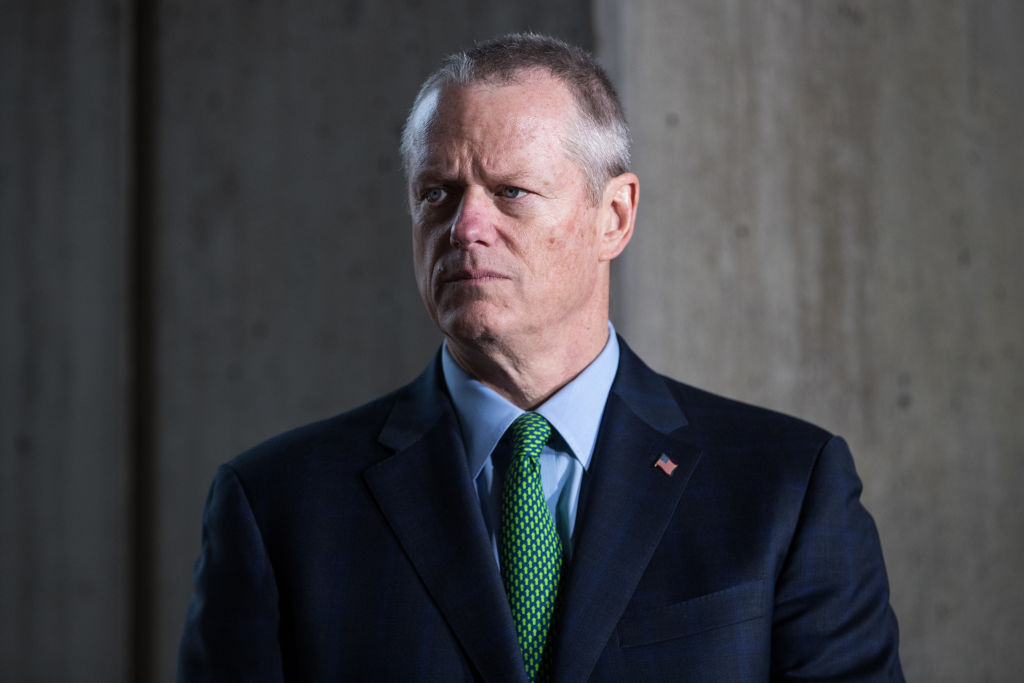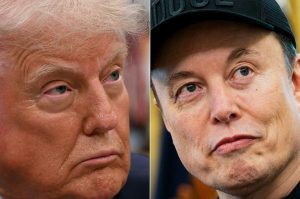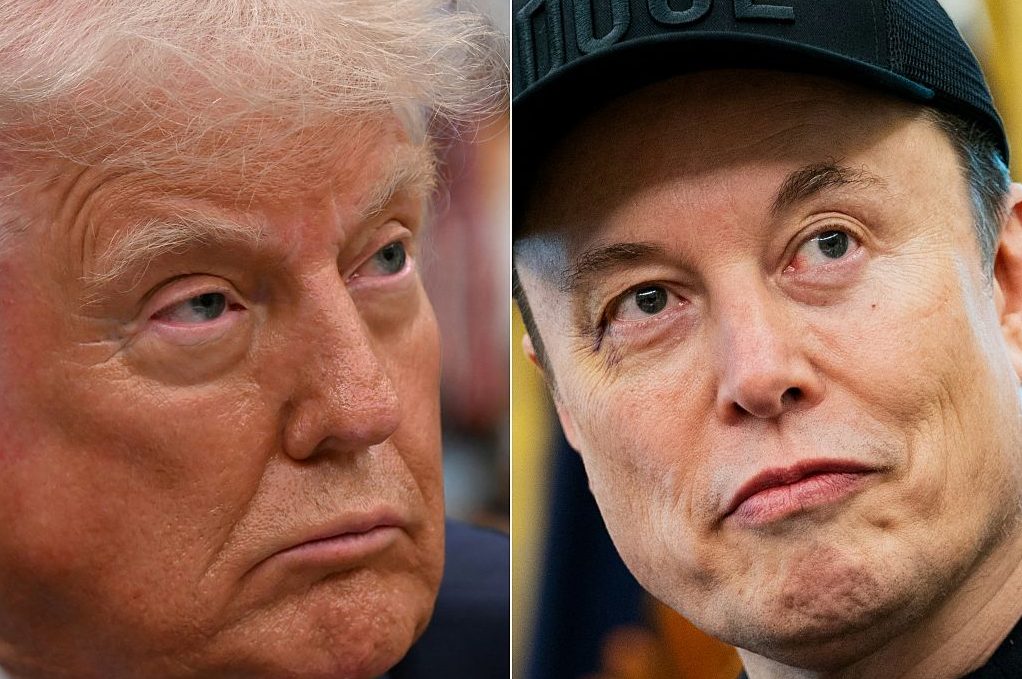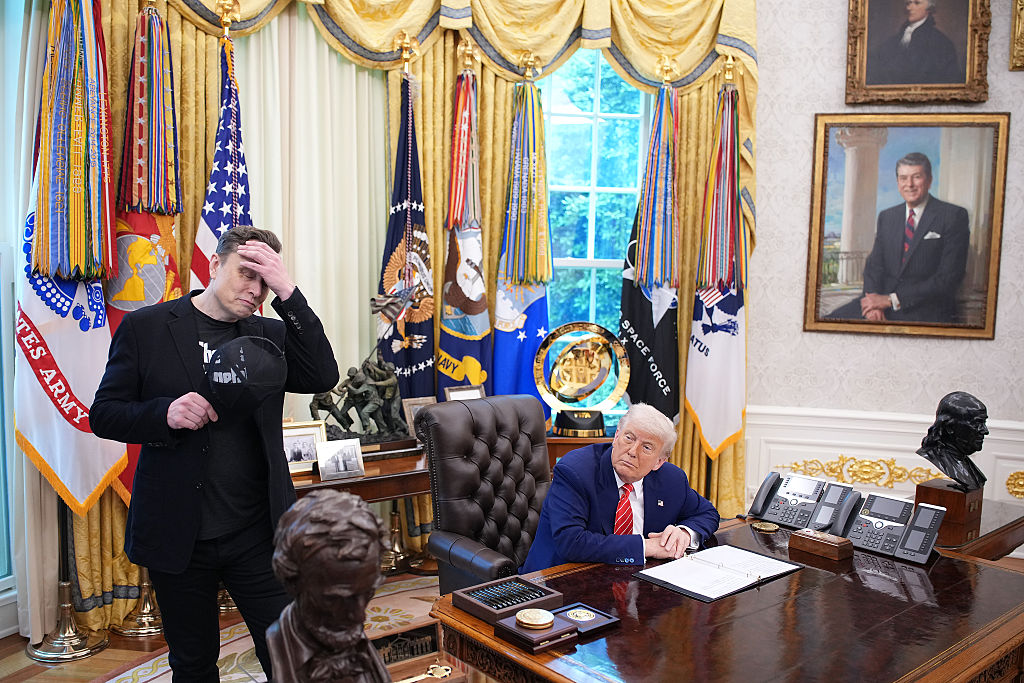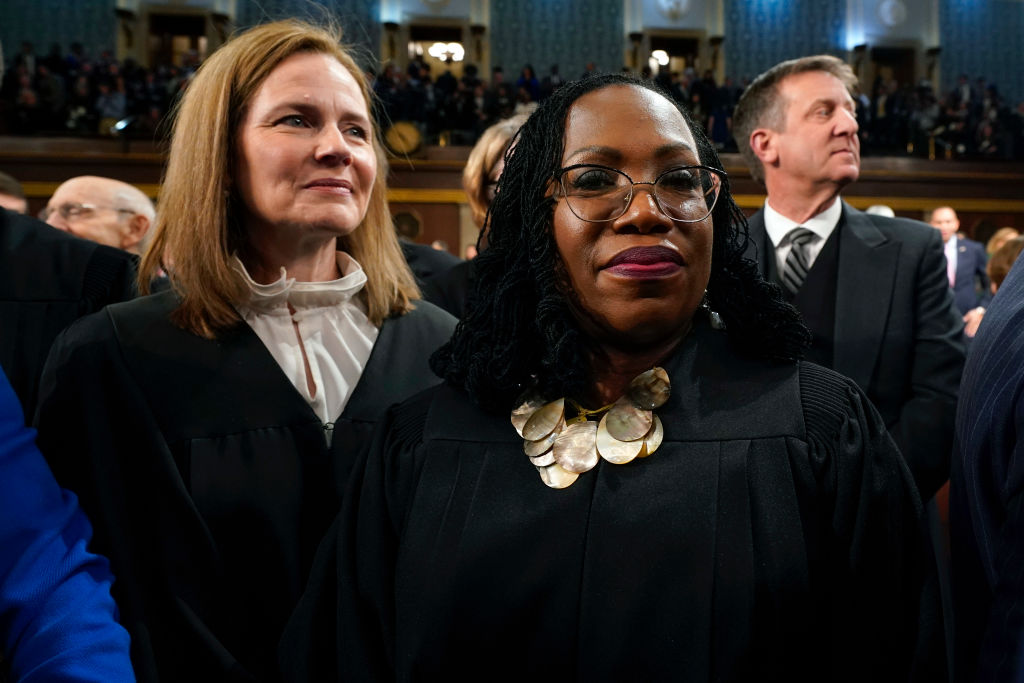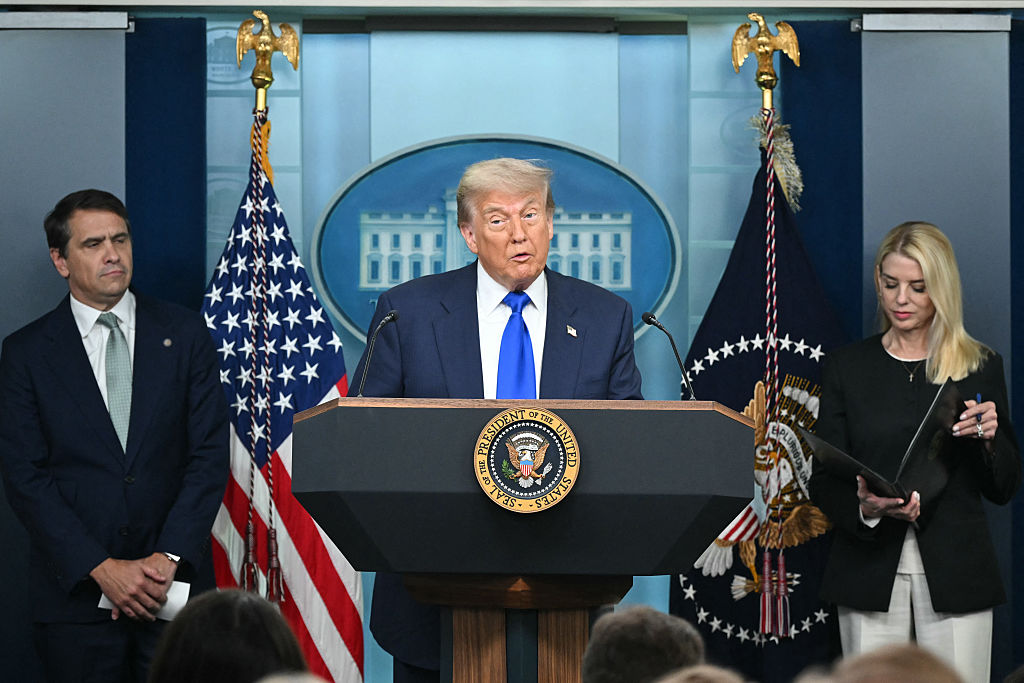It was a surprise to no one that Geoff Diehl won Tuesday’s Massachusetts Republican gubernatorial primary. It was expected, but it puts an end to any chance of having a Republican in the governor’s seat come 2023.
Diehl’s opponent, Chris Doughty, ran on a moderate platform modeled after incumbent Republican governor Charlie Baker. Baker is one of the most popular governors in the nation, with an approval rating of 74 percent — in a state that voted for Joe Biden by a margin of 33.5 points — so he is doing something right. There is no getting around the fact that he is not particularly conservative, especially on social issues, but he is a tempering force on the progressives that dominate Beacon Hill. Indeed, Baker is the only elected statewide Republican. The party has only three seats in the 40-member Massachusetts Senate.
Diehl, a former state representative, had the advantage of name recognition — he ran (and lost by 24 points) against Senator Elizabeth Warren in the 2018 Massachusetts Senate election — and received the endorsement of former president Donald Trump. That helps in a primary where the committed base comes out to vote. But among a general Massachusetts electorate, a Trump endorsement is the kiss of death. To be sure, Diehl is not a radical. But in Massachusetts, a Republican needs finesse, and any association with Trump leaves a candidate dead in the water.
Doughty, by contrast, was unknown to the Republican primary electorate, which had little interest in perpetuating Baker’s legacy anyway, regardless of whether it was a winning one. While polls have suggested Doughty would not do much better than Diehl in a contest with Democratic gubernatorial nominee and state attorney general Maura Healey, most voters never had the chance to hear Doughty’s message on the debate stage. Massachusetts voters are known to be unpredictable, electing only one Democrat as governor since 1991 and handing Ted Kennedy’s old Senate seat to Republican Scott Brown in a 2010 special election. A prudent Republican and political outsider like Doughty could have capitalized on this history and on some of the latent discontent with the status quo amongst Massachusetts voters.
Doughty’s website meticulously spelled out his plans for Massachusetts, touching on unique issues facing voters across the state, from Cape Cod’s traffic congestion to the high cost of living in Western Massachusetts. If Doughty had made it through to the general election, and spread his well-articulated, moderate, Baker-style message, he would have had the best chance of defeating Healey.
And defeating Healey — rather than ideological purity — should have been the goal of Massachusetts Republicans. A Healey governorship would likely leave Republicans holding zero statewide offices and prime Massachusetts for a hard-left turn. For a taste of just how progressive Healey is: her campaign website prominently displays a link with information on abortion resources. And that barely scratches the surface. During her time as Massachusetts attorney general, Healey increased the threshold for property crime to be considered a felony and cracked down on firearms ownership (in a state that already has some of the strictest gun laws in the nation).
Unfortunately for political moderates and conservatives, it looks like a far more progressive state government (yes, this is possible) is in Massachusetts’ future. Election day will vindicate Senator Mitch McConnell: “candidate quality” matters, especially in a state like Massachusetts.
When the inevitable result hits on November 9, it should be a wakeup call for Massachusetts Republicans: the Bay State is not Texas. If Republicans had focused on electability rather than ideological purity, Baker himself might have sought reelection and kept Healey out of the governor’s office. A moderate, whatever his flaws, is better than a radical, and conservatives will miss that moderation when Massachusetts, in the words of Chris Doughty, becomes “San Francisco on steroids.”



